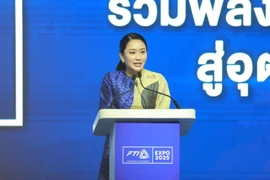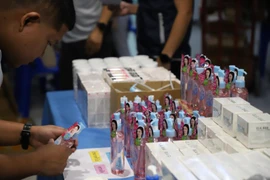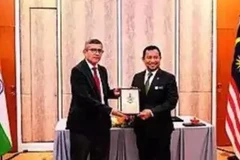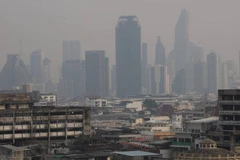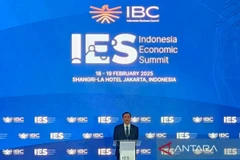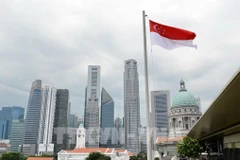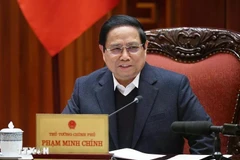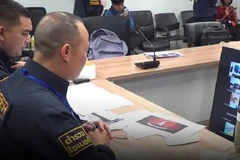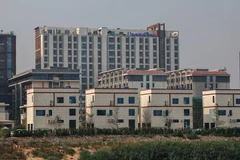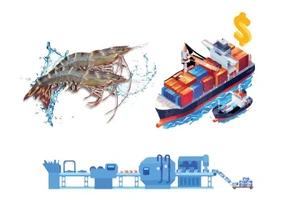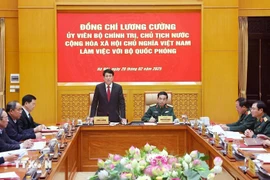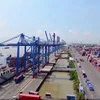Bangkok (VNA) – Thailand’s Prime Minister Paetongtarn Shinawatra has underscored the shared priorities of deeper regional economic integration, strengthening supply chains and contributing to global economic development.
In a written interview with Malaysia’s Bernama news agency, she said ASEAN, under Malaysia’s chairmanship, can accelerate the implementation of the Regional Comprehensive Economic Partnership (RCEP) to drive regional growth.
Beyond RCEP, the PM said Thailand also supported Malaysia’s efforts on deepening economic integration through upgrading other free trade agreements (FTAs) with external partners, as well as through the development of the Asian Digital Economy Framework Agreement.
She said she believes that these efforts will complement RCEP and contribute to Malaysia’s chairmanship endeavours to boost intra-ASEAN trade and investment.
According to the PM, RCEP, as the world’s largest FTA, has proven to be a successful economic bloc, where members have seen increased trade and investment volumes, improved market access, trade facilitation, and regional supply chains, while exploring new areas of cooperation, including in e-commerce and MSMEs (micro, small, and medium enterprises).
The leader commended the recent inauguration of the RCEP Support Unit (RSU) within the ASEAN Secretariat, expressing hope that it will become a key mechanism to accelerate the full implementation of RCEP in the future.
RCEP involves 15 countries, comprising the 10 ASEAN member states - Brunei, Cambodia, Indonesia, Laos, Malaysia, Myanmar, Philippines, Singapore, Thailand and Vietnam - along with five of the bloc’s Dialogue Partners - Australia, China, Japan, the Republic of Korea, and New Zealand. It encompasses about 30% of the global gross domestic product (GDP) and a similar proportion of the world's population.
It has a mechanism for free trade among participating countries with a set of rules and procedures for accessing preferential tariffs across the countries. RCEP negotiations were formally launched at the 2012 ASEAN Summit in Cambodia, and the agreement was signed on November 15, 2020.
Since its full implementation, ASEAN's trade with RCEP members reached 1.9 trillion USD in 2023, an impressive 25% increase from pre-pandemic levels.
Foreign direct investments (FDI) from RCEP partners also saw a robust inflow of 66.3 billion USD, representing 28.9% of the total FDI inflow to ASEAN in 2023./.

